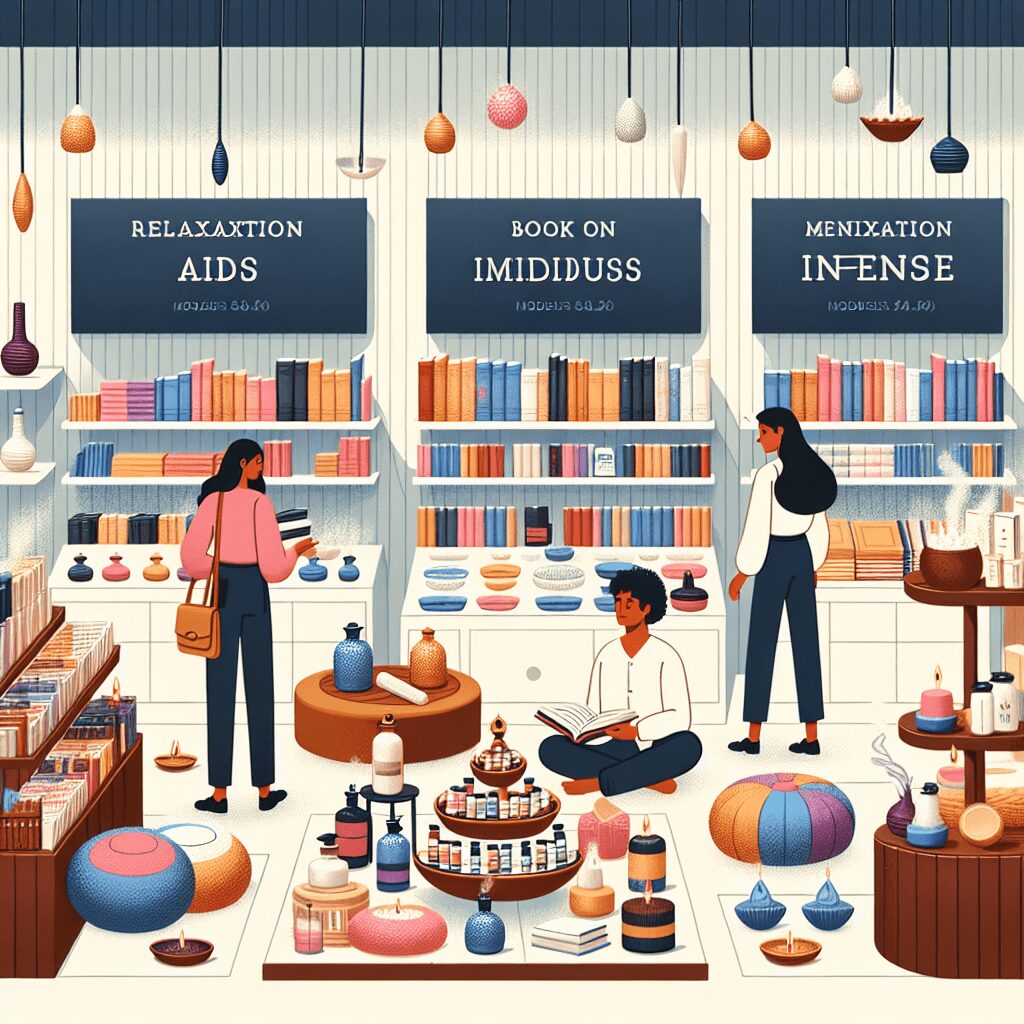
Prioritize your mental well-being daily. Enhance your life by nurturing your mental health with the Smart Meditation app. Break free from stress, alleviate anxiety, and enhance your sleep quality starting today.
Which Of The Following Statements Is True Of Tricyclic Antidepressants?
Unveiling the Truth About Tricyclic Antidepressants: A Deep Dive
In the vast ocean of mental health treatments, tricyclic antidepressants (TCAs) have been sailing for decades, offering a lifeline to those battling the turbulent waves of depression. Yet, amidst the sea of information, myths and facts often get tangled like seaweed. It’s high time to anchor down and unravel the truth about TCAs.
The Core Mechanism: How TCAs Work their Magic
First off, let’s tackle the engine that powers these vessels: the mechanism of action. TCAs aren’t some sort of mystical potion but rather sophisticated molecules that modulate the brain’s chemistry. They primarily work by increasing the levels of neurotransmitters in the brain – serotonin and norepinephrine, to be precise. Think of neurotransmitters as the postal service of the brain, delivering messages between neurons. Sometimes, in the case of depression, it’s like the postal service goes on strike, and messages aren’t delivered efficiently. TCAs essentially end the strike, ensuring messages are delivered more reliably, which in turn helps elevate mood and alleviate depression.
Unveiling Myths vs. Facts
Let’s separate the wheat from the chaff and distinguish between the myths and facts surrounding TCAs.
- Myth: TCAs are the go-to first-line treatment for depression.
-
Fact: While TCAs were once the frontrunners in treating depression, the relay baton has largely been passed to SSRIs (Selective Serotonin Reuptake Inhibitors) due to their more favorable side effect profile. However, TCAs still hold the fort in treating certain forms of depression, particularly when other medications haven’t hit the mark.
-
Myth: Taking TCAs means you’ll be dealing with an unbearable load of side effects.
- Fact: Alright, let’s not sugarcoat it, TCAs can come with a sidecar of side effects, such as dry mouth, blurred vision, and dizziness, due to their effect on various neurotransmitter systems. However, it’s not a one-size-fits-all scenario. Many individuals adjust well, with side effects diminishing over time. Plus, your doctor will play a balancing act, weighing the benefits against the potential side effects to find the most suitable TCA for you.
Sailing the Seas of Usage: When TCAs Shine Brightest
TCAs aren’t just one-trick ponies. Beyond depression, they’ve shown their mettle in treating a plethora of conditions. Here’s where they flex their muscles:
- Chronic Pain Syndromes: TCAs have a knack for alleviating various types of pain, like the nerve pain seen in conditions such as fibromyalgia or the aftermath of shingles.
- Migraines: In the tumultuous world of migraine prevention, TCAs have emerged as useful allies.
- Sleep Disorders: Surprisingly, the sedative effects of certain TCAs can be harnessed to combat insomniac nights.
Navigating the TCA Waters: Tips for a Safe Journey
Embarking on a TCA treatment journey requires some navigation. Here are a couple of lighthouses to guide you:
- Open Dialogue with Your Healthcare Provider: Charting your course (read: dosage and specific medication) should be a collaborative effort. Keep those lines of communication watertight!
- Give it Time: Patience is key. It might take several weeks before you start noticing the shores of relief.
There’s no denying the complexity of tricyclic antidepressants, wrapped in layers of myths yet underscored by undeniable efficacy for certain conditions. The key takeaway? While they may not be the new kids on the block and come with their own set of challenges, in certain situations, TCAs can be the compass that guides one back to calmer waters. Always consult with your healthcare provider to navigate this journey safely and effectively. Bon voyage!




